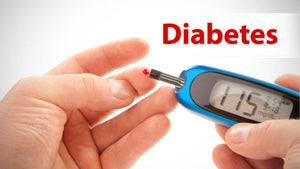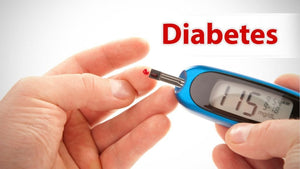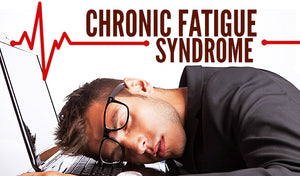QUICK HEALTH TIPS: Depression.

Depression is one of the most common medical problems in the United States. It affects more than 20% of Americans aged eighteen and older (one in five adults) every year. It is twice more common in women than in men. Depression is a total body sickness, one that affects the nervous system, thoughts, moods and behavior. It affects the way you eat and sleep, the way you feel about yourself, and the way you react to and think about the people and things around you. Symptoms can last for weeks, months, or years. There are many types of depression, with variations in the number of symptoms, their severity, and persistence.
People with depression typically withdraw and hide from society. They lose interest in things around them and become incapable of experiencing pleasure. Symptoms of depression include chronic fatigue, sleep disturbances (either insomnia or excessive sleeping), changes in appetite, headaches, backaches, digestive disorders, restlessness, irritability, quickness to anger, loss of interest or pleasure in hobbies, and feelings of worthlessness and inadequacy.
Many think of death and consider suicide. Things appear bleak and time seems to pass slowly. A person with depression may be chronically angry and irritable, sad and despairing, or display little or no emotion at all. Some try to “sleep off” depression, or do nothing but sit or lie around.
The causes of depression are not fully understood, but they are probably many and varied. Depression may be triggered by tension, stress, a traumatic life event, a hyperstimulated immune system, chemical imbalances in the brain, thyroid disorders, nutritional deficiencies, poor diet, the consumption of sugar, mononucleosis, lack of exercise, endometriosis, any serious physical disorder, or even allergies. One of the most common causes of depression is food allergies. Hypoglycemia (low blood sugar) is another common cause of depression. Heredity is a significant factor in this disorder. In up to 50% of people suffering from recurrent episodes of depression, one or both of the parents also experienced depression.
Whatever the factors that trigger it, depression begins with a disturbance in the part of the brain that governs moods. Most people can handle everyday stresses; their bodies readjust to these pressures. When stress is too great for a person and his or her adjustment mechanism is unresponsive, depression may be triggered.
To be continued!
Source: Prescription for Nutritional Healing
- Anthony R









Comments 0